Environmental groups rally to save the EU Nature Restoration Law

The future of the EU Nature Restoration Law (NRL) was cast in doubt last week as negotiations over its adoption stalled.
The NRL – proposed last year – is a key component of the European Green Deal, and includes legally binding targets to restore degraded ecosystems and the biodiversity and carbon stores they support. The NRL aims to cover at least 20% of the EU’s land and seas with nature restoration measures by 2030, and to address all ecosystems in need of restoration by 2050. It aims to scale up existing measures such as reforestation, river restoration, greening cities and reducing pollution to restore European ecosystems and the benefits they provide to society.
However, last week, the European People’s Party (EPP) walked out of negotiations, stating that the proposed NRL threatens the EU’s long-term food security. The NRL now enters a critical phase, as the Environment (ENVI) Committee of the European Parliament will vote on the compromise amendments this Thursday 15th June, and the Council will adopt its final position on the 20th June.
In response, environmental scientists, businesses, progressive agriculture communities and NGOs across Europe have mobilised in an attempt to save the NRL. The EPP’s attempts to stop the adoption of the NRL are based on the argument that it places an unfair burden on farmers, who would be required, for example, to reduce pesticide usage and set aside land for environmental restoration.
An open letter by scientists including MERLIN project coordinator Daniel Hering rebuffs these claims about the NRL, and the related Sustainable Use Regulation (SUR). They address six key points, providing evidence to show that the legislation is essential for protecting European food security and sovereignty, boosting fisheries, creating new employment opportunities, and providing a more sustainable model for nature-based economies.
“If successful, both regulations [the NRL and SUR] will be cornerstones of future food security, human health and biodiversity conservation,” said Prof. Hering in an OPPLA blog post. “For the first time, the Nature Restoration Law sets binding targets for the restoration of marine and urban ecosystems, drained peatlands, floodplains and forests. Unfortunately, the current debate is driven by misinformation that are likely to terminate both regulations.
“Our letter addresses the questions, if the regulations are likely to reduce agricultural production, to harm marine fisheries, to cut jobs, to be a burden to the society and if it will be too risky in times of war,” continued Prof. Hering. “Scientific evidence suggests that all these claims are incorrect.”
Another open letter has been published by 207 civil society organisations through the #RestoreNature campaign. This letter – which is signed by major NGOs including Greenpeace, Rewilding Europe and WWF – focuses on the need for a strong NRL as a means of urgently tackling twin biodiversity and climate crises.
The #RestoreNature campaign asks members of the public to sign a petition in support of the NRL ahead of the crucial vote on Thursday. Their letter highlights the pioneering restoration projects across Europe which are already helping restore biodiversity, providing natural flood protection and creating jobs, amongst other benefits.
Their letter states: “When given a chance, and with a helping hand, nature has a remarkable ability to bounce back. Restoring nature means restoring our greatest ally in tackling the climate and biodiversity crises, restoring our health and overall well-being, and restoring the resilience of our economies.”
The #RestoreNature campaign calls on national governments, Members of the European Parliament and the European Commission to adopt the NRL by the end of 2023, and to ensure that large-scale environmental restoration is happening across the continent by 2030. It asks that strong nature restoration targets are set to match the extent and urgency of the biodiversity and climate crises, and met by 2040 at the latest.
The proposed NRL represents a critical element of the European Green Deal, and offers an invaluable opportunity to take ambitious and effective action to restore Europe’s ecosystems, to ensure that nature can continue to support sustainably support our lives. More broadly, it is crucial for reaching the targets of the Global Biodiversity Framework of the UN Convention on Biological Diversity, agreed last year. Under this agreement, the world’s nations (including the EU) to restore at least 30% of their degraded habitats by 2030.
You can sign the #RestoreNature petition in support of the EU Nature Restoration Law here.
///
This article is supported by the MERLIN project.





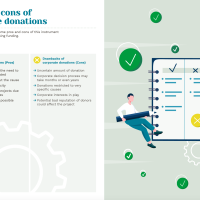
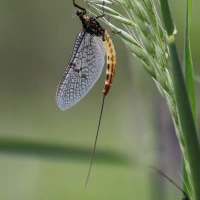

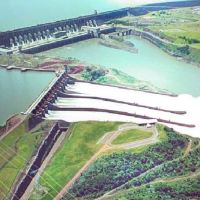
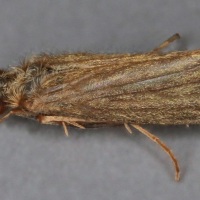

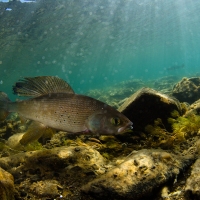
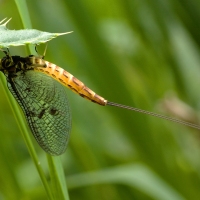
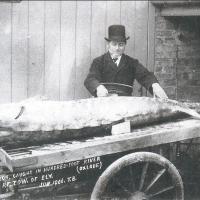
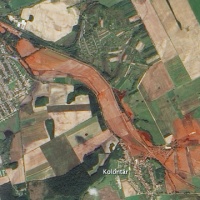
Comments are closed.